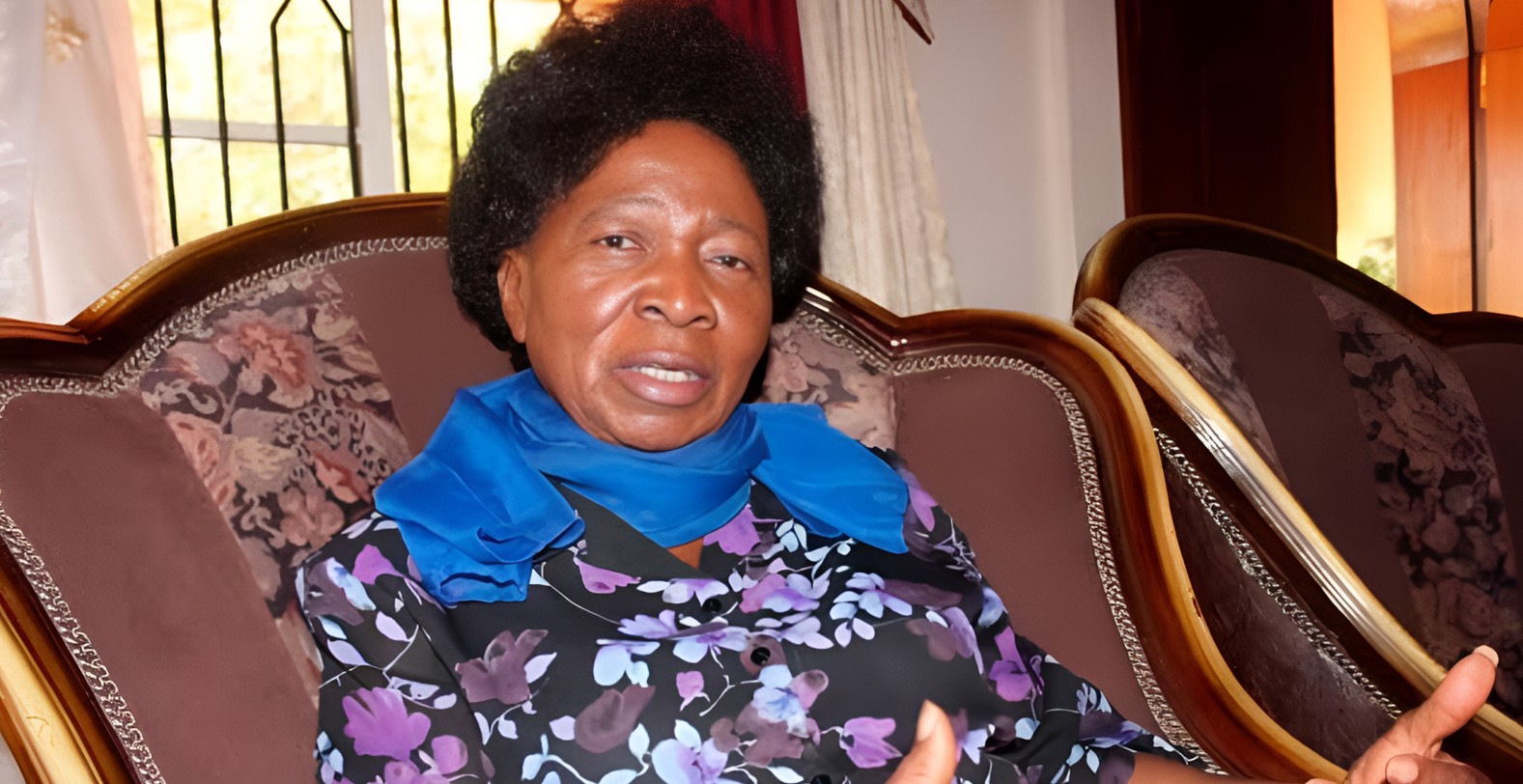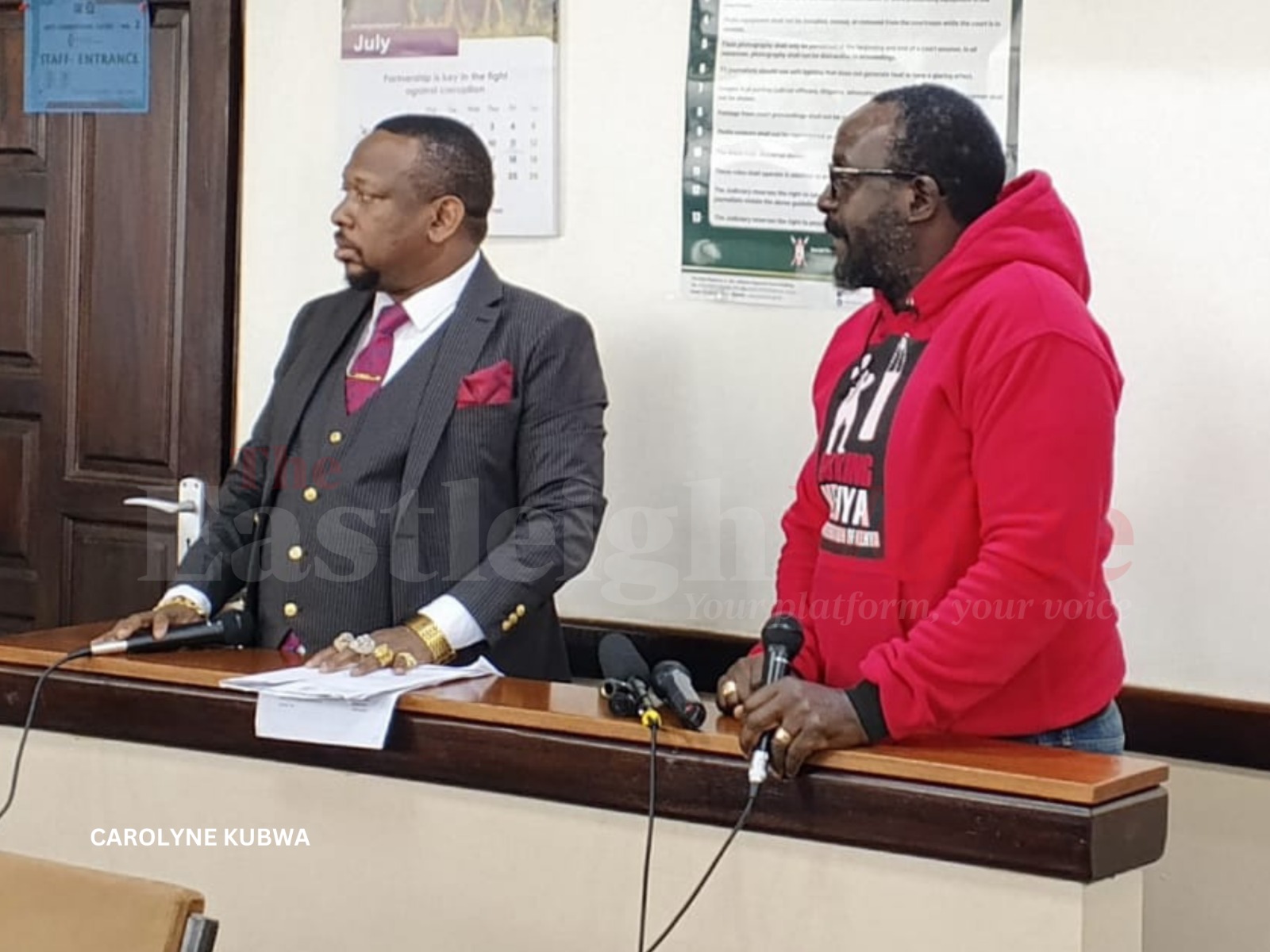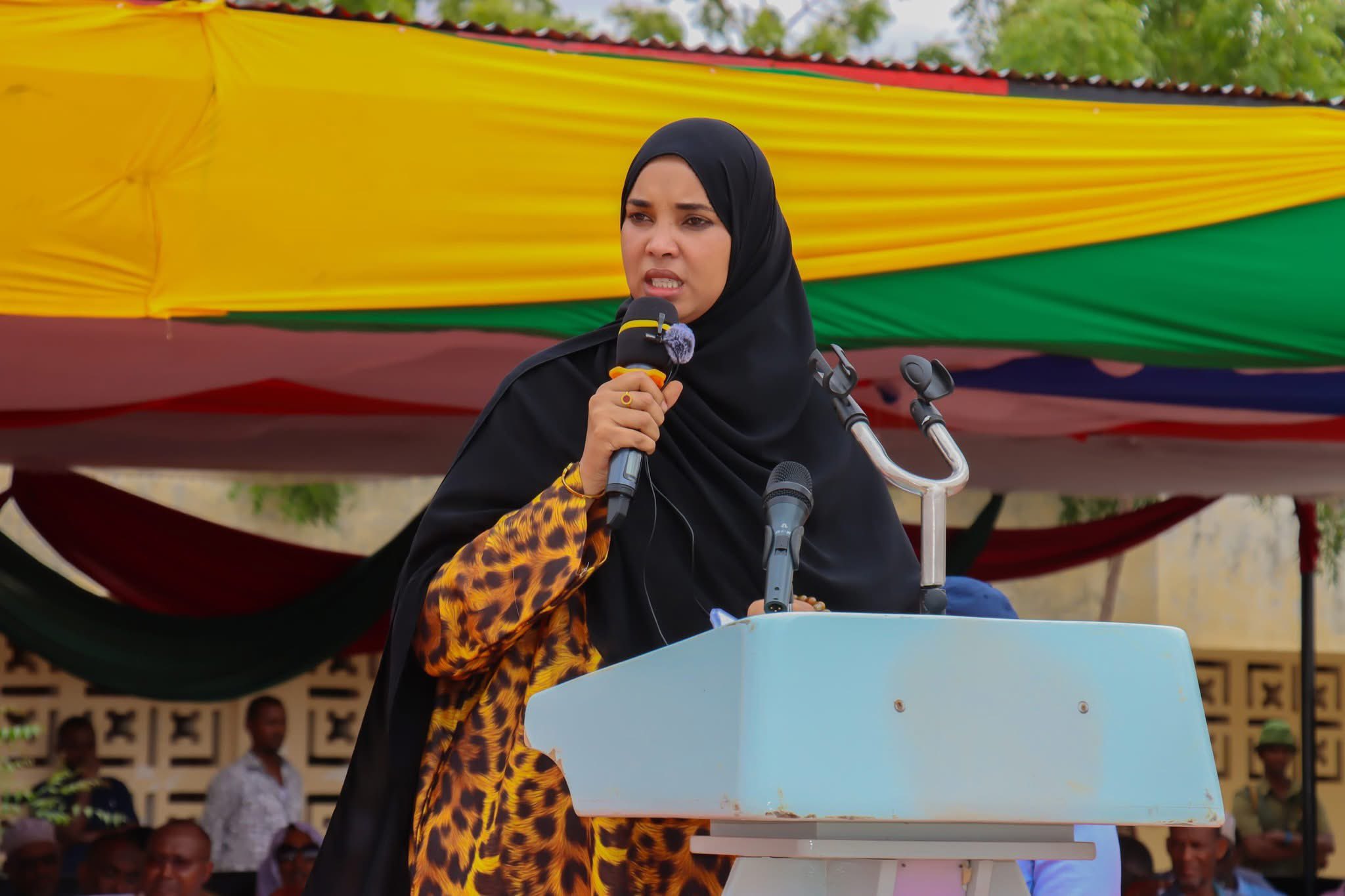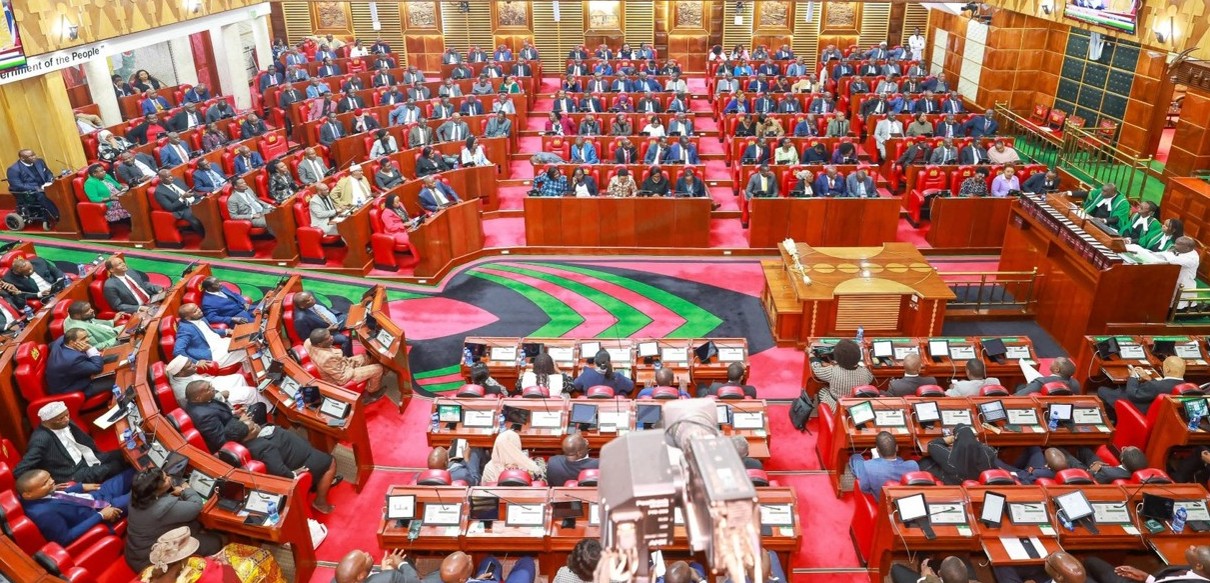State unveils 15-member team to roll out new KEMIS system to eliminate ghost learners

The new platform is expected to replace the current National Education Management Information System (NEMIS), which has faced heavy criticism over inefficiencies.
The Ministry of Education has unveiled a 15-member multi-agency team to steer the rollout of a new national student database, aimed at eliminating ghost learners and improving resource distribution across schools.
The team, which includes representatives from various state agencies, development partners, technology providers and teachers’ unions, will oversee the implementation of the Kenya Education Management Information System (KEMIS).
More To Read
- School heads urge minimum funding threshold as capitation shortfall hits Sh18 billion
- MPs demand special audit of NEMIS citing suspected student data manipulation
- Government unveils CBE to replace CBC, promising skills-focused learning and 100pc transition
- MPs slam Ruto’s Sh3bn e-procurement plan amid economic strain, tech overspend fears
- MPs order special audit of Nemis over suspected misallocation of education funds
- Government to ensure disbursement of Sh48bn capitation grants for first term
The new platform is expected to replace the current National Education Management Information System (NEMIS), which has faced heavy criticism over inefficiencies.
According to Basic Education Principal Secretary Julius Bitok, the pilot phase of KEMIS will be launched in selected counties starting July 1, followed by a nationwide learner registration exercise beginning on July 15. Full transition to the new system is scheduled for September.
“The rollout of KEMIS marks a critical milestone in ensuring that data-driven decision making becomes the cornerstone of education planning and service delivery in Kenya,” Bitok said.
He said the integrated platform will eliminate data manipulation, particularly in capitation, where ghost schools and inflated learner populations have resulted in the misuse of public funds.
“By consolidating all learner data, from ECDE to higher education, into one platform, the system will enhance accuracy, transparency, and accessibility. It will ensure the government has the right statistics on every school to inform the distribution of teachers, capitation, books and other resources,” he added.
The new platform will consolidate and store data for students, teachers and institutions across all levels—Early Childhood Development and Education (ECDE), basic education, technical and vocational education and training (TVET), and universities.
It is also designed to address long-standing challenges related to fragmented registration systems and provide real-time data access for monitoring, evaluation, and analytics on education transitions and other indicators.
In addition to data integrity, the system will prioritise security and privacy while offering stakeholders, including parents, access through a mobile phone-based application.
Immigration and Citizen Services Principal Secretary Belio Kipsang, who also spoke during the unveiling, announced that KEMIS will be integrated with the births and deaths register through the Civil Registration Services and the National Registration Bureau.
“Under the Maisha ecosystem, we will provide a Unique Personal Identifier (UPI) to every newborn, which will also be used by KEMIS. In the event of death, the UPI will be the death certificate number. This will help us with accurate data on inevitable transitions,” Kipsang said.
Legislators present at the event backed the initiative and urged Parliament to provide legal and financial support to ensure its success. Education Committee Chairperson and Tinderet MP Julius Melly said KEMIS would be a critical tool for budget planning.
“Whoever has accurate data is well placed to make appropriate decisions on budget allocation. We shall support the Ministry’s legislative agenda in Parliament to ensure this transformative system is fully backed by law,” he said.
The unveiling comes amid an uproar by Members of Parliament following deep cuts in the education budget by the National Treasury. The cuts have resulted in zero allocations for both national examinations and the development of KEMIS.
Other MPs present at the launch included Mary Emaase (Teso South), Phylis Bartoo (Moiben), and Joseph Makilap (Baringo North). ICT Principal Secretary Eng John Tanui also attended and is expected to play a central role in KEMIS implementation through the Konza Technopolis Development Authority.
Teachers’ union representatives, led by Kenya National Union of Teachers (KNUT) Secretary General Collins Oyuu, were also part of the delegation backing the initiative.
The Ministry reaffirmed its commitment to leveraging technology, accurate data and cross-sector collaboration to modernise Kenya’s education system and promote equitable access to resources.
Top Stories Today















































